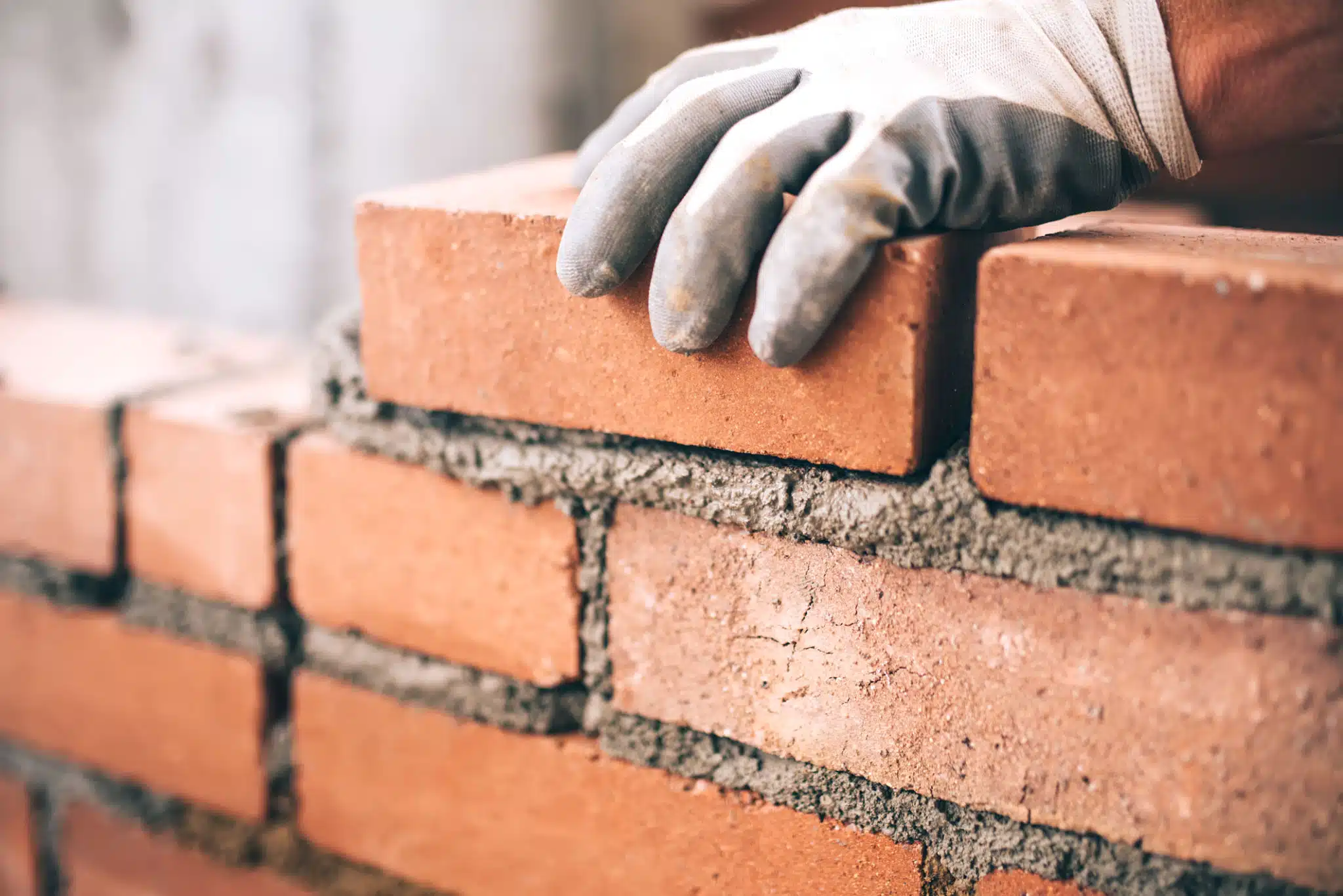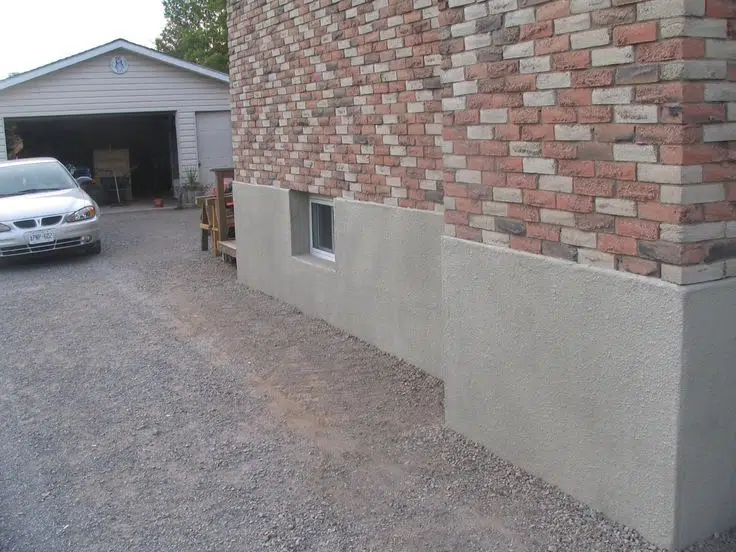Commercial buildings are the backbone of our urban landscapes, housing businesses, offices, and institutions that drive our economy. Many of these structures feature stunning masonry work that not only adds to their aesthetic appeal but also provides durability and strength. However, like all building materials, masonry requires regular maintenance and occasional repairs to maintain its integrity and appearance. In this comprehensive guide, we’ll explore ten crucial masonry repair and restoration services that every commercial property owner should be aware of.
The Importance of Timely Masonry Repairs and Maintenance
Before we dive into the specific services, it’s essential to understand why timely repairs and regular maintenance are critical for commercial masonry structures. Neglecting masonry issues can lead to:
– Structural damage and safety hazards
– Decreased property value
– Higher energy costs due to poor insulation
– Water infiltration and subsequent damage to interior spaces
– Expensive repairs or full rebuilds if problems are left unchecked
By addressing masonry issues promptly and maintaining your building’s exterior, you can avoid these problems and ensure your property remains in top condition for years to come.
Signs That Your Commercial Building Needs Masonry Repairs
Recognizing the early warning signs of masonry deterioration is crucial for timely intervention. Keep an eye out for these indicators:
– Cracking or crumbling mortar joints
– Efflorescence (white, powdery substance on brick surfaces)
– Spalling or flaking of brick faces
– Bulging or bowing walls
– Water stains or dampness on interior walls
– Loose or missing bricks
– Rust stains from corroding metal elements
If you notice any of these signs, it’s time to consult a professional masonry contractor for an assessment and potential repairs.
10 Essential Commercial Masonry Repair and Restoration Services
1. Tuckpointing
Tuckpointing is perhaps the most common and crucial masonry repair service. This process involves removing deteriorated mortar from joints between bricks or stones and replacing it with fresh mortar. Tuckpointing not only improves the appearance of your building but also prevents water infiltration and structural issues.
2. Repointing
While often used interchangeably with tuckpointing, repointing specifically refers to the complete removal and replacement of mortar in masonry joints. This more extensive process is necessary when mortar deterioration is severe or widespread.
3. Facade Restoration
Facade restoration involves comprehensive repair and cleaning of a building’s exterior masonry surfaces. This service can include cleaning, repairing damaged bricks or stones, repointing, and applying protective sealants to restore the building’s original appearance and protect it from future damage.
4. Brick Replacement
In cases where individual bricks are severely damaged, cracked, or missing, brick replacement is necessary. This process involves carefully removing the damaged bricks and installing new ones that match the existing masonry in color, size, and texture.
5. Structural Repair
When masonry issues extend beyond cosmetic concerns and affect the building’s structural integrity, structural repair services are crucial. This may involve reinforcing walls, repairing foundation issues, or addressing problems with load-bearing masonry elements.
6. Waterproofing
Water infiltration is a common enemy of masonry structures. Waterproofing services include applying sealants, installing proper drainage systems, and addressing any issues that allow water to penetrate the masonry, such as faulty gutters or downspouts.
7. Cleaning and Stain Removal
Over time, masonry surfaces can accumulate dirt, grime, and stains that detract from their appearance. Professional cleaning services use specialized techniques and products to safely remove these contaminants without damaging the masonry.
8. Masonry Coating and Sealing
Applying protective coatings and sealants to masonry surfaces can help prevent water infiltration, reduce the effects of weathering, and protect against graffiti. These treatments can significantly extend the life of your masonry and maintain its appearance.
9. Historic Masonry Restoration
For buildings with historical significance, specialized restoration services are essential to preserve the structure’s integrity while complying with preservation guidelines. This may involve sourcing period-appropriate materials and using traditional masonry techniques.
10. Preventative Maintenance
Regular inspections and maintenance can prevent minor issues from becoming major problems. A comprehensive preventative maintenance program may include annual inspections, cleaning, and addressing small repairs before they escalate.
Cost-Saving Benefits of Regular Masonry Upkeep
Investing in regular masonry maintenance and timely repairs can lead to significant cost savings in the long run. Here’s how:
– Prevents small issues from becoming major, expensive problems
– Extends the lifespan of your masonry, delaying the need for full replacement
– Improves energy efficiency, reducing heating and cooling costs
– Maintains property value, potentially increasing resale or rental prices
– Reduces the risk of liability issues related to structural safety
How to Choose the Right Masonry Contractor for Restoration Projects
Selecting the right masonry contractor is crucial for ensuring high-quality repairs and restorations. Consider the following factors when choosing a contractor:
1. Experience: Look for contractors with a proven track record in commercial masonry repair and restoration.
2. Credentials: Ensure the contractor is licensed, insured, and bonded.
3. Portfolio: Review their past projects to assess the quality of their work.
4. References: Ask for and check references from previous clients.
5. Expertise: Choose a contractor with experience in the specific type of masonry work your building requires.
6. Communication: Select a contractor who communicates clearly and provides detailed project plans and estimates.
7. Safety: Verify that the contractor follows proper safety protocols and has a good safety record.
8. Warranty: Look for contractors who offer warranties on their work.
Conclusion
Maintaining the masonry of your commercial building is essential for preserving its structural integrity, appearance, and value. By understanding the ten essential masonry repair and restoration services outlined in this guide, you can better care for your property and address issues before they become major problems.
Regular inspections, timely repairs, and working with qualified masonry professionals are key to ensuring your building’s masonry remains in top condition for years to come. Whether you need tuckpointing, facade restoration, or any other masonry service, investing in proper maintenance and repairs will pay dividends in the long run, protecting your valuable commercial property and maintaining its beauty and functionality.\n\n\n
[QUESTION]
[ANSWER]



